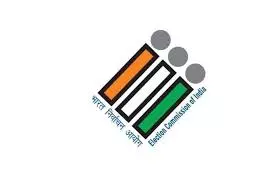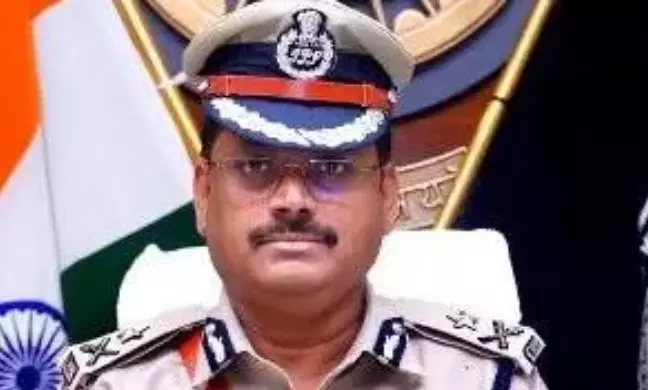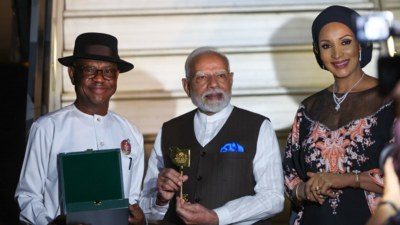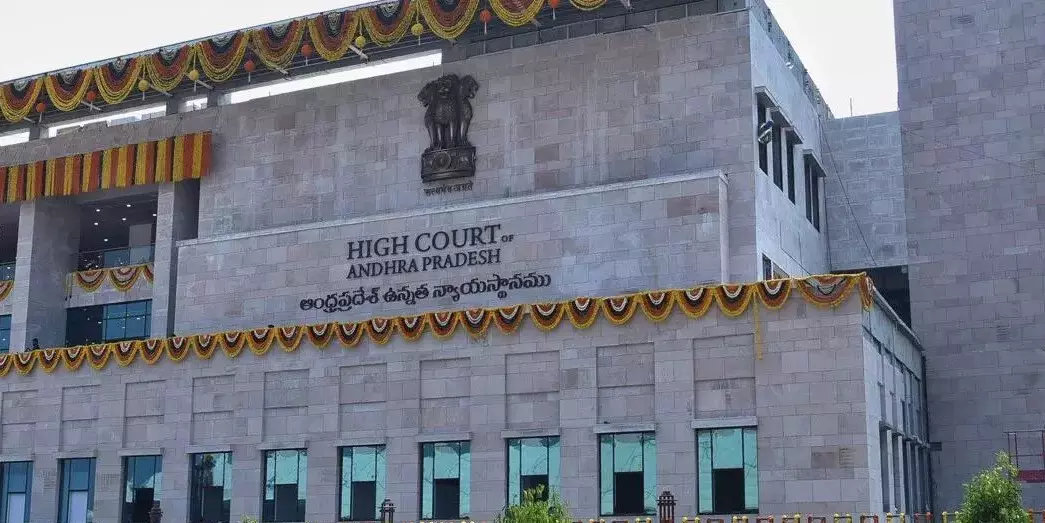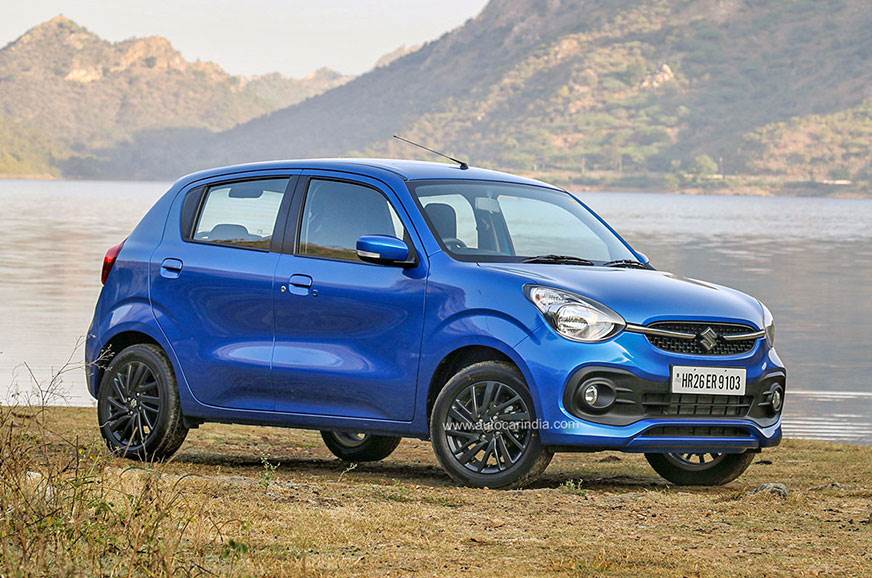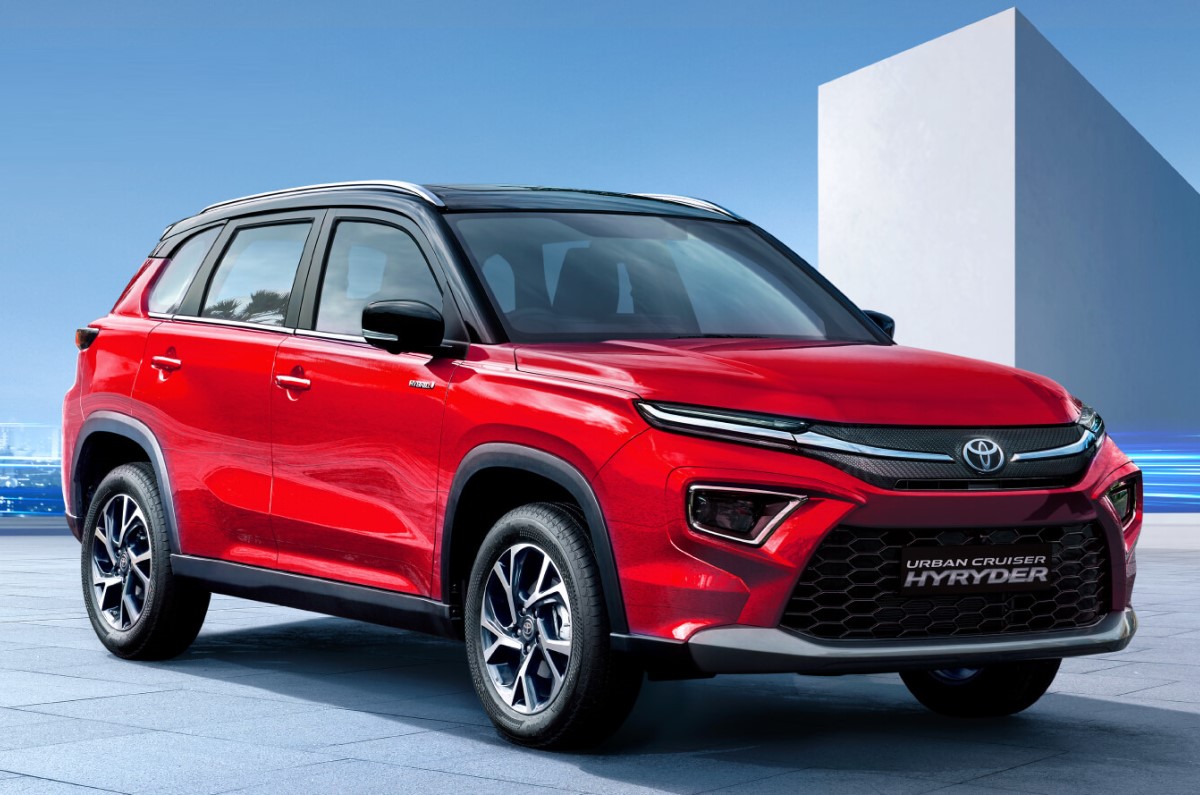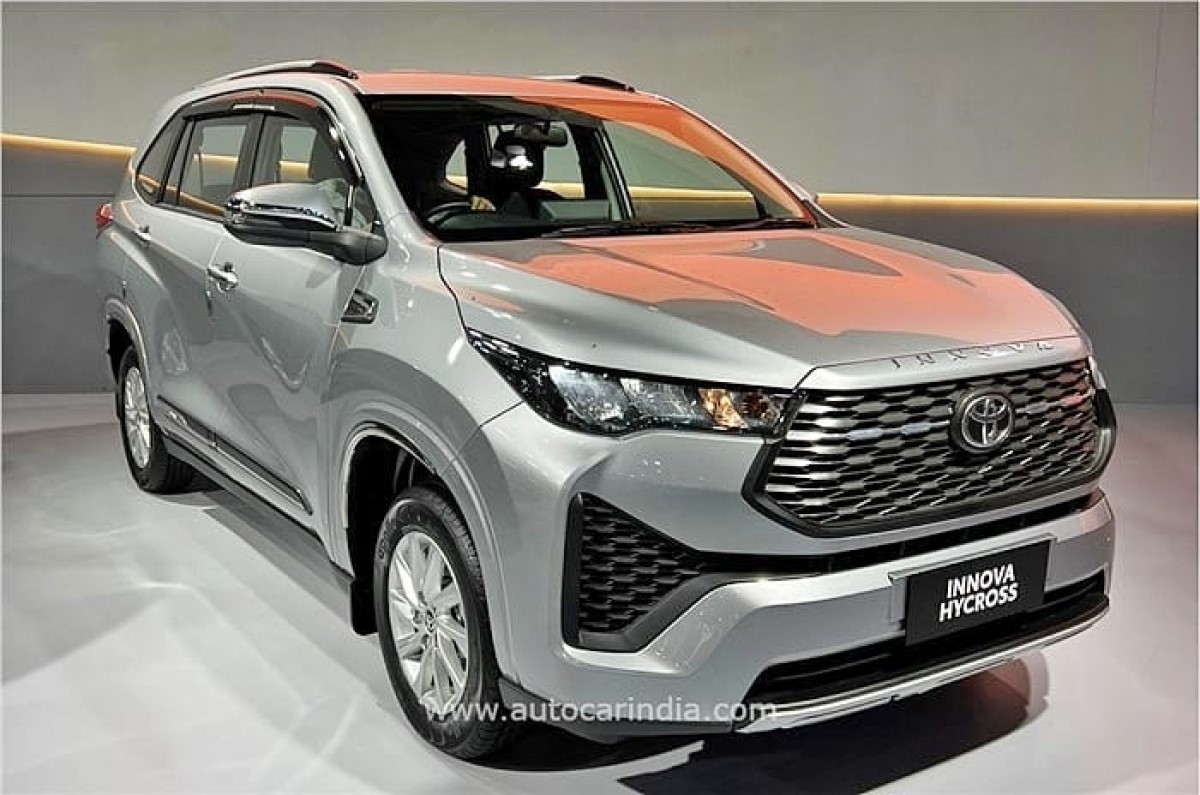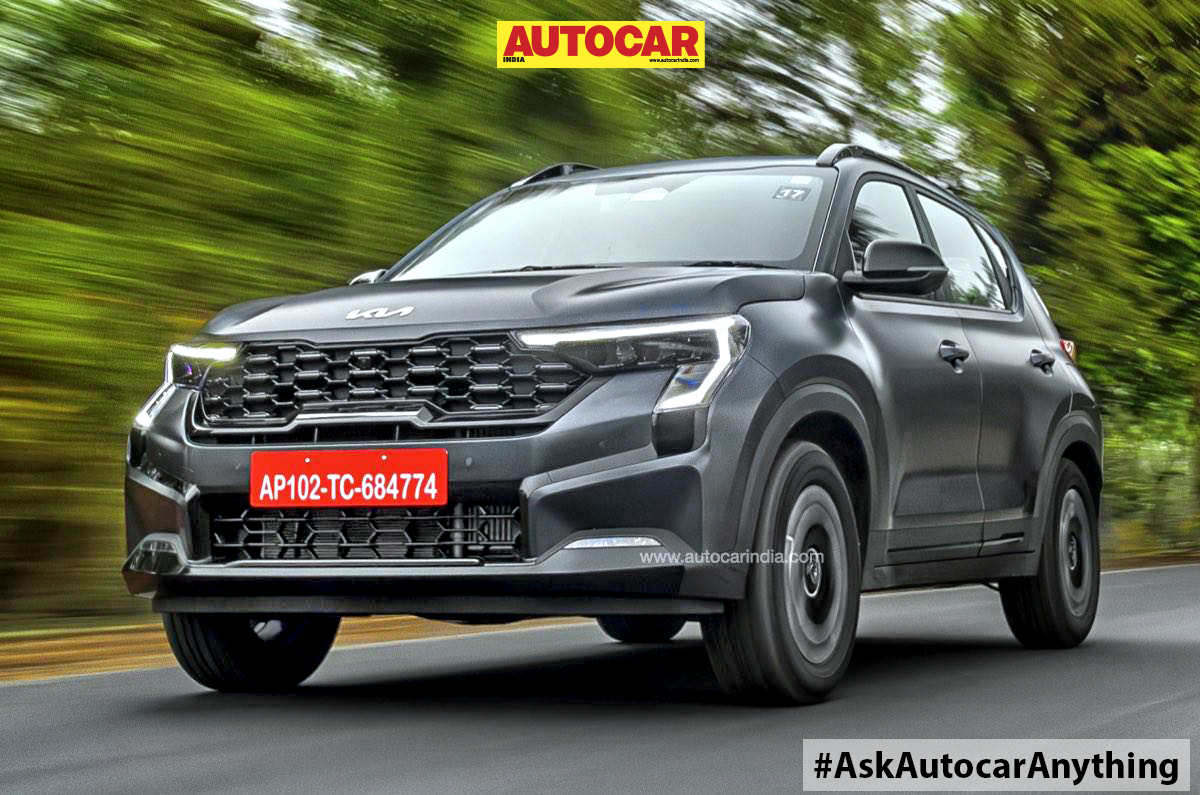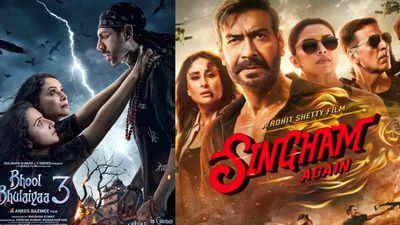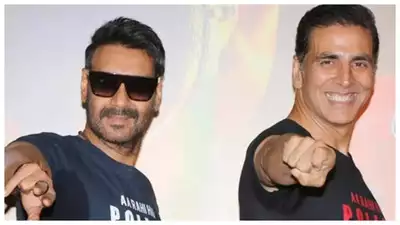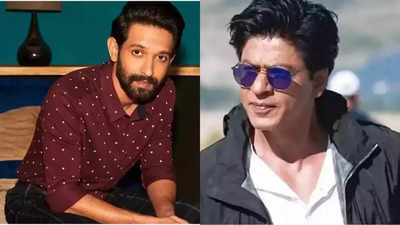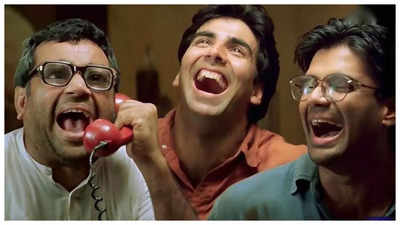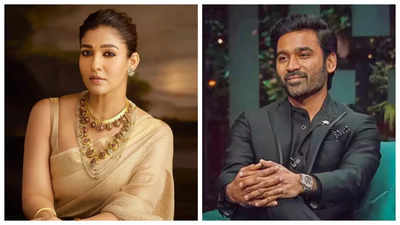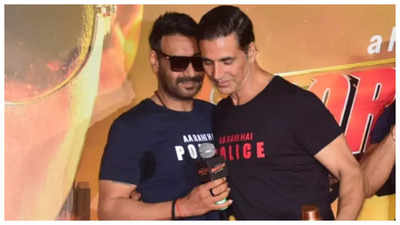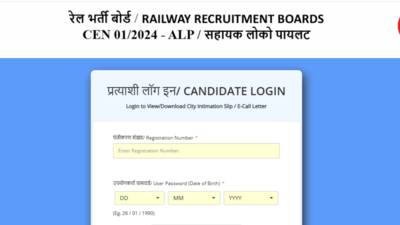NEW DELHI: Prime Minister Narendra Modi on Saturday detailed his vision and road map to make India a developed nation by 2047, underlining public confidence in government, the belief of the ordinary citizen, and a transformation of the social mindset as crucial propellers of that journey.

Delivering the inaugural address at the 22nd Hindustan Times Leadership SummitModi hailed the centenary of Hindustan Timesnoted that the newspaper was inaugurated by Mahatma Gandhi in 1924, and released a commemorative postage stamp to mark the historic occasion.
He spoke about the National Democratic Alliance (NDA) government’s record in delivering public goods and welfare benefits, eschewing vote bank politics, restoring public confidence in governance, and giving the administration a higher purpose – attaining developed country status by the centenary of India’s independence, August 15, 1947.
He also spoke about his government’s mantra of investment for employment, development to dignity, and of spending big on the people and saving big for the people. He urged Indians to transform their social mindset and not accept anything other than world-class standards.
“We have made a long journey. From the freedom struggle to the aspirations of a post-independence India, this is an extraordinary and wonderful journey… and the people who have showed India the way forward are the ordinary citizen, and her capacity and sagacity,” Modi said.
“There is a thinking and an expectation that the 21st century will be India’s century. But for this to happen, we have to work rapidly and make more effort. We are working hard towards that mission,” he added.
Modi gave examples to illustrate the contribution of his government to India’s development journey, and how it boosted the capacity and trust of ordinary citizens, and their risk-taking ability.
He said that at one time, experts spoke about how good economics is bad politics, and that helped cover the inefficiency of governments, and their vote bank politics.
Also Read: Chandrababu Naidu praises Modi, says he’s already working for 2029 polls
“This created imbalance and inequality. Development was only on boards but couldn’t be seen on the ground. This model broke the citizen’s trust in government. We brought that belief back and gave a purpose to governance,” he said.
He said the mantra of his administration was the progress of the people, by the people, and for the people. “And our purpose is to make a new India, a developed India. And when we embarked on this goal, citizens have reposed their trust in us,” he added. “When public confidence and self-confidence rise, an incredible impact is seen on national development.”
He said the common thread between early civilisations and modern developed countries is the presence of a risk-taking culture. He said ancient India was a hot spot of global commerce, with business interests stretching from South-east Asia to the Arab world and Rome. “After independence, we had to boost this risk-taking culture. But governments at the time didn’t give the citizens confidence. So the culture of one step forward and two steps back became entrenched. Only in the last decade has risk-taking got new energy.”
He underlined that startups had ballooned to now over 125,000, young men and women in small-town India were taking up the sport and bringing glory to the nation, and self-help groups had ensured 100 million lakhpati didis.
“I spoke to a woman in the village who bought a tractor and generated income for her whole family. She took risks. She showed that when the poor and middle-class take risks, change is visible,” he added.
To illustrate his mission of investment for employment, development to dignity, Modi used several examples. The first was the mission of building toilets, which he said not only provided security and dignity to people but also boosted local economies through additional jobs generated. The second was the government’s efforts to expand access to LPG cylinders, which had grown from 140 million in 2014 to 300 million in 2024.
“There was a time when you had to get a letter from an MP for a cylinder. If someone had a gas cylinder, he was a big man. Governments would debate whether six or nine cylinders should be given. But we didn’t enter that debate. We didn’t allow any shortage of gas by building supporting infrastructure and investing in them. It generated income.”
The third was the proliferation of mobile phones, UPI transactions, and cashless transactions. “Earlier, the poor could only dream of having a credit or debit card in their pocket. But Rupay has fulfilled that dream. The guy who alights from a rich car uses the same UPI that a food cart vendor uses. That has boosted self-respect. This is investment to employment, development to dignity,” he said.
Modi said another key approach of his government was spending big for the people, and saving big for the people. He said the Union budget had grown from ₹16 lakh crore in 2014 to ₹48 lakh crore today, and capital expenditure from ₹2.25 lakh crore to ₹11 lakh crore, and used to build new hospitals, schools, roads, railways, and research facilities.
He said plugging leakage through direct benefit transfer had saved the country ₹3.5 lakh crore, while free health care under the Ayushman Bharat scheme has saved people ₹1.1 lakh crore, subsidised medicines under the Jan Aushadi scheme has saved ₹30,000 crore, subsidised stents, and knee implants saved thousands of crores, Ujala schemes saved ₹20,000 crore in electricity bills, Swachh Bharat reduced illnesses and saved ₹50,000 per family, toilets saved ₹70,000 per family according to Unicef, and free piped drinking water saved ₹10,000 per family for 120 million people, according to the World Health Organisation.
“Ten years ago, no one had thought such a transformation was possible in India. This success has inspired us to dream bigger,” he said.
But he cautioned that to make the 21st century an Indian century, yeoman efforts were needed – from the government and the ordinary public. “In every sector, we have to become the best. Nothing less than the best should be acceptable,” he said.
Modi said that processes have to be improved and products improvised so that they become world-class – from construction and infrastructure, to education and entertainment. “This approach has to be relentlessly maintained among the public. And HT has a big role to play in this mission.”



